
Lifting Our Game: Achieving Greater Success for Learners in Foundational Tertiary Education
Status
Completed: 1 December 2012
Project Details
A two-year Ako Aotearoa-led project that explored how to increase educational attainment for priority tertiary learners. A collaboration between Ako Aotearoa and the priority learners Educational Attainment Working Group (EAWG).
Aims:
The aim of the project was to identify how to enhance the success of learners studying in post-compulsory education at Levels 1-3 on the National Qualifications Framework.
It also aimed to address the following issues:
- poor completion rates
- wide variation in success rates between similar providers
- findings that most priority learners do not progress to enroll in further study
- findings of little if any social and economic benefit.
Methodology:
The methodology of the project included the development of a report by an independent group called the Educational Attainment Working Group (EAWG).
Team
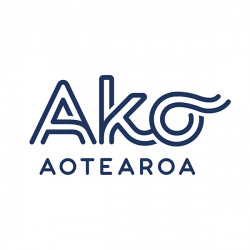
Dr Peter Coolbear
Ako Aotearoa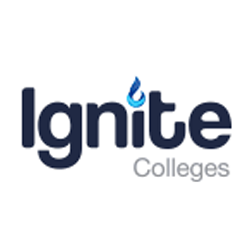
Christine Clark
Corporate Academy Group (now Ignite College)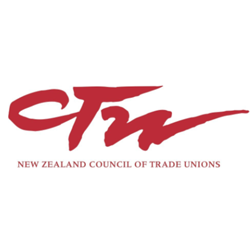
Peter Conway
New Zealand Council of Trade Unions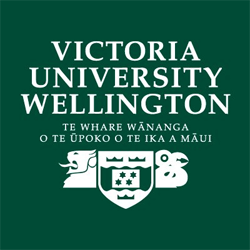
Karen Davis
Victoria University of Wellington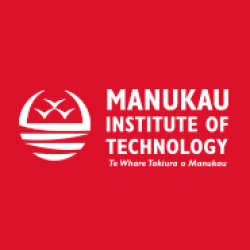
Stuart Middleton
Manukau Institute of Technology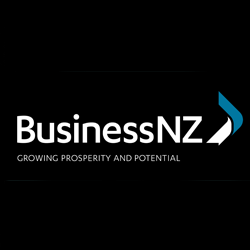
Carrie Murdoch
Business New Zealand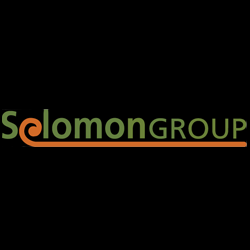
Judy Solomon
The Solomon Group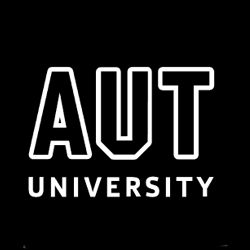
Pauline Winter
Auckland University of TechnologyStatus
Funding
$459,000.00 (excl GST)
Key Findings
- Educational attainment for priority tertiary learners is a difficult and diverse area of education, but the variability of performance of providers is unacceptable.
- There needs to be a threshold of acceptability for delivery of programmes aimed at these learners.
- Providers and government agencies need to work together to understand outcomes of these programmes in a more meaningful way.
- Gaining a foundation level qualification is, in many ways, of little value in itself – it’s what future success it leads to (whether meaningful work or future study) that is important.
- The right data about the future success of learners is not yet present.
Key Recommendations
Better advice and support for learners
- Effectively communicate the purpose of the programme and what to expect while studying it.
- Carry out appropriate diagnostics and pre-assessment, eg, assess literacy and numeracy needs.
- Understand and work off learners’ existing strengths.
- Actively support learners, recognising they are at risk.
- Give learners motivation and confidence they can achieve.
Real, purposeful and personalised learning programmes
- Programmes should have a specific, clear purpose.
- Personalise learning programmes by building off strengths and identifying learning needs.
- Individualised programmes need to be dynamic and flexible as learners needs and capabilities change through the programme of study.
Improved data collection and use
- Collect the right kind of data in a timely way to inform decisions and action.
- Monitor progress to address the earliest signs of difficulties.
- Track learner outcomes.
- Report beyond two month outcomes only and seek the support of other agencies to do this.
Genuine transparency and accountability within a ‘joined-up’ system
- Strive for better connectedness across the whole system.
- Seek better information to inform investment decisions.
- Use more sophisticated monitoring systems that monitor outcomes and the value added for learners on a continuing basis.
Understand the fundamentals of effective foundation programmes
- Effective foundation and bridging programmes are critical to ensuring an inclusive, equitable society.
- Foundation and bridging programmes are not end points in themselves. Instead they are critical first steps to outcomes, higher levels of education and/or meaningful employment, which is of real benefit to individuals and to New Zealand as a whole.
- To be successful, they must be highly purposeful and designed to address the needs and strengths of individual learners.
- The design features need to be tested by much more sophisticated data collection and monitoring of outcomes to ensure best return for the individual and for the taxpayer.
Share good practice
- Require good practice of anyone working in this area.
- Use good practice to test assumptions about outcomes.
- Share good practice.
A report prepared by the priority learners Educational Attainment Working Group (EAWG).
(PDF, 4.4 MB, 60-pages).
- 4 April 2012
A data report prepared by the priority learners Educational Attainment Working Group (EAWG).
(PDF, 796 KB, 26-pages).
- 4 April 2012
A data report prepared by the priority learners Educational Attainment Working Group (EAWG).
(PDF, 716 KB, 24-pages).
- 4 April 2012
A discussion document prepared for the Education Attainment Working Group.
(PDF, 213 KB, 15-pages).
- 4 April 2012
A discussion paper prepared by Stuart Middleton from Manukau Institute of Technology.
(PDF, 305 KB, 16-pages).
- 4 April 2010
A discussion paper prepared by James Turner.
(PDF, 1.4 MB, 23-pages).
- 4 April 2011